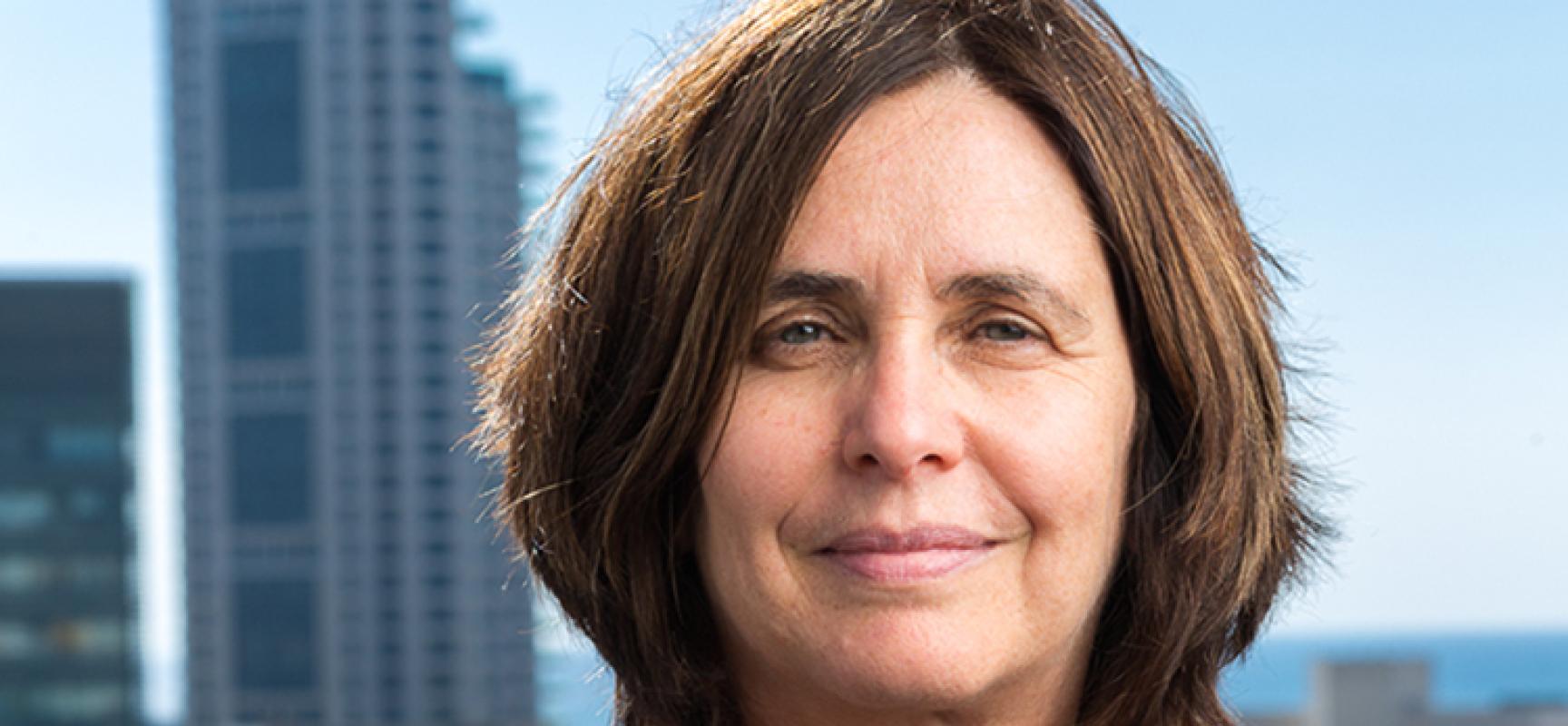Letter from the Director, August 2024

Dear friends,
This will be my final letter to you as director of the Simons Institute for the Theory of Computing, as my six-and-a-half-year term ends at the end of this month. These were years well lived. Both the Institute and I experienced challenge, growth, and ultimately a leap into the future. I am proud to have served.
We just wrapped up an action-packed summer that included a research program on Sublinear Algorithms, a monthlong extended reunion of the program on Theoretical Foundations of Computer Systems, and a summer cluster on AI, Psychology, and Neuroscience. In addition, we co-hosted with Oceankind and Project CETI a third workshop on Decoding Communication in Nonhuman Species, which touched on topics ranging from whales to LLMs and human infants. I encourage you to check out the talks on our YouTube channel.
Computing is increasingly about learning from data rather than about executing human-made algorithms to solve clearly defined problems. We are delighted to host two complementary and timely programs about learning this fall.
There is a mystery at the heart of the ongoing revolution in machine learning: How do models perform well on data that is unlike what they were trained on? Traditional statistical theory does not explain this success, or even give us the mathematical vocabulary to talk about it. The Modern Paradigms in Generalization program brings together researchers from academia and industry to identify and explore the most promising avenues for answering this question, rethinking the meaning of generalization itself.
The Special Year on Large Language Models and Transformers: Part 1 focuses on a subclass of models — large language models — which have attracted the world’s attention as of late, but asks a very wide range of questions about them. What is their computational power? How does their performance scale as a function of various parameters? What do they tell us about human language, intelligence, and the brain? Are they safe and at what scale? How do we build trust in them? What roles can they play in science and society at large? The program accordingly gathers researchers from computer science, mathematics, neuroscience, cognitive science, linguistics, law, and other disciplines, and will continue in Spring 2025.
In this month’s newsletter, we feature a Q&A with Sampath Kannan, our new associate director, whose official position at the Simons Institute began last month. We explore his research and graduate student years at Berkeley, how the Institute is responding to developments in AI, and much more.
In our SimonsTV corner, we’re showcasing Jordan Ellenberg’s Theoretically Speaking talk, What Does Machine Learning Have to Offer Mathematics?, and a recent workshop talk by Ronitt Rubinfeld, Sublinear-Time Algorithms in Learning.
I end with the words with which Jim Simons always signed off his letters to me: carry on.
Yours,
Shafi
Shafi Goldwasser
Director, Simons Institute for the Theory of Computing




